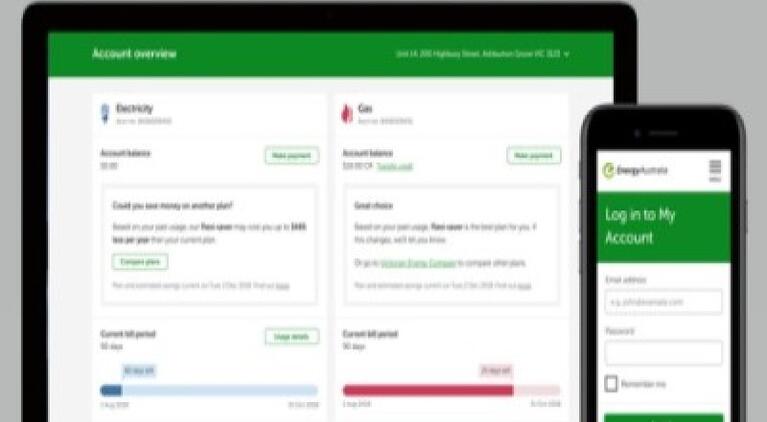Avoid the hazards of faulty installation, improper grounding, incorrect operation and poor maintenance of electrical equipment with these key tips.
Electrical safety in the home
Look after appliance cords
Keep electrical appliances, their cords and any extension leads away from water. Ensure cords are in good condition – if they’re worn or frayed, don’t use the appliance until it’s been repaired by a licensed electrician.
If you decide to throw away the appliance, make sure it can’t be used by someone else.
Only ever disconnect an appliance at the outlet by pulling the plug, not the cord. This extends the life of your appliance.
Avoid piggy-back or ‘double adaptor’ connections
Overloading can occur if too many cords are connected to outlets designed for only one or two plugs. Use power boards with in-built safety devices to avoid a power outlet overload.
Childproof your outlets
Use childproof plugs in electrical outlets to deter children from poking small items into them.
Get a licensed electrician to do your wiring
Call a licensed electrician if you need electrical wiring or repairs, no matter how minor the job.
Install safety switches
Have safety switches installed at your meter box. As a general rule, electrical equipment should only be used when connected to a safety switch.
Test safety switches
Testing every three months is a good rule of thumb. To do this you just need to press the ‘test’ or ‘T’ button.
If the switch turns off the power, then it’s working correctly. Keep in mind though that the use of safety switches doesn’t mean you can be less careful when using electricity – they are no substitute for proper electrical maintenance and safe practices.
Look out for overhead lines
Avoid coming into contact with overhead lines. If you’re working near them, always keep a safe distance – at least 6.4 metres for wires on poles and 10 metres for wires on towers. Keep this in mind when installing antennas, picking fruit or pruning trees, and using a ladder or a metal tape measure.
Look out for underground power lines
Know the location of any underground power lines before digging at your property. Go to the Before You Dig Australia website.
Look out for water leaks
Water is a good conductor of electricity. If water leaks into the light or power circuits in your home, a fault may develop, which could result in a fire or someone experiencing electric shock. As soon as you notice a water leak, have it repaired by a licensed plumber.
In the event of electric shock
If you feel a tingle when you touch a water fitting, the grounding of your electrical installation could be faulty. If it’s safe to do so, shut off the power at the main switch (usually found in the meter box) and call a licensed electrician to investigate.
If you go to help someone who’s receiving an electric shock, turn off the power at the main switch first. If the current can't be turned off, use a non-conducting object, such as a broom, chair, rug or rubber doormat to push the person away from the source of the current.
If possible, stand on something dry that doesn't conduct electricity, such as a rubber mat or folded newspapers.
Call 000 for emergency assistance and stay with the person until help arrives.

